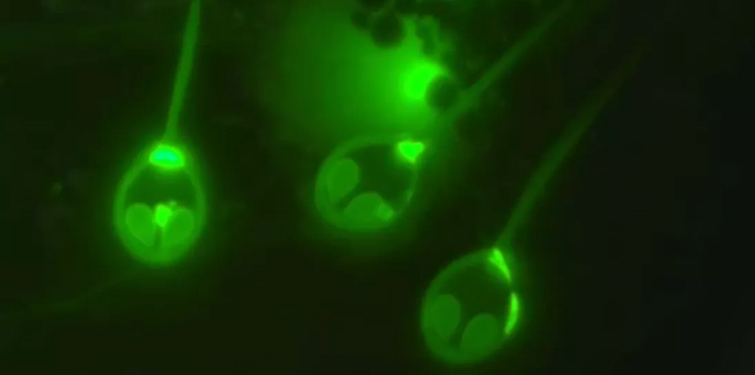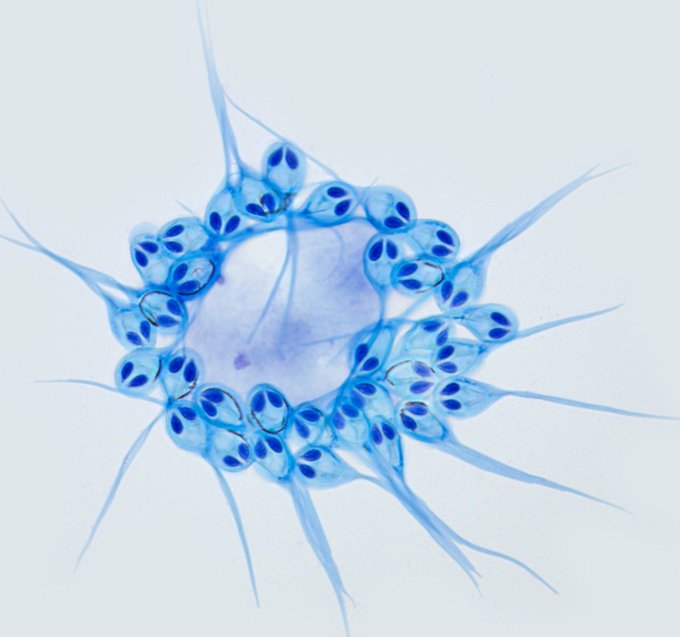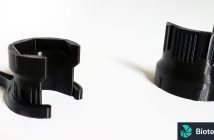
No oxygen? No worries for H. salminicola. Stephen D. Atkinson
Researchers on Monday said they accidentally found the first animal species out of millions of know species that can survive its entirely without the presence of oxygen.
Henneguya salminicola (H. salminicola) normally lives in the muscle tissue of its salmon host. The 10-celled creature has evolved to the point where it doesn’t breathe at all, according to a study published in the National Academy of Sciences.
“Aerobic respiration was thought to be ubiquitous in animals, but now we confirmed that this is not the case,” said Dorothée Huchon, a zoologist at Israel’s Tel Aviv University in a press release. “Our discovery shows that evolution can go in strange directions. Aerobic respiration is a major source of energy, and yet we found an animal that gave up this critical pathway.”

The new discovery will likely impact a common understanding between scientists that multicellular life needs oxygen to live on Earth.
Using deep sequencing approaches, the study found the H. salminicola has no mitochondrial DNA — normally containing the genes for respiration — which means the parasite “lost the ability to perform aerobic cellular respiration.”
It’s not clear how the H. salminicola survives without oxygen, but Huchon, who led the study, believes it might be taking energy from the fish without the need for O2 in it’s on processes. He added that the parasite’s anaerobic traits were an accidental discovery.
“It’s not yet clear to us how the parasite generates energy,” Huchon said. “It may be drawing it from the surrounding fish cells, or it may have a different type of respiration such as oxygen-free breathing…it has shed unnecessary genes responsible for aerobic respiration and become an even simpler organism.”
A few single-cell organisms lost the ability for aerobic respiration, but never in animals, the study said.
“It is generally thought that during evolution, organisms become more and more complex, and that simple single-celled or few-celled organisms are the ancestors of complex organisms,” Huchon concluded. “But here, right before us, is an animal whose evolutionary process is the opposite.”





